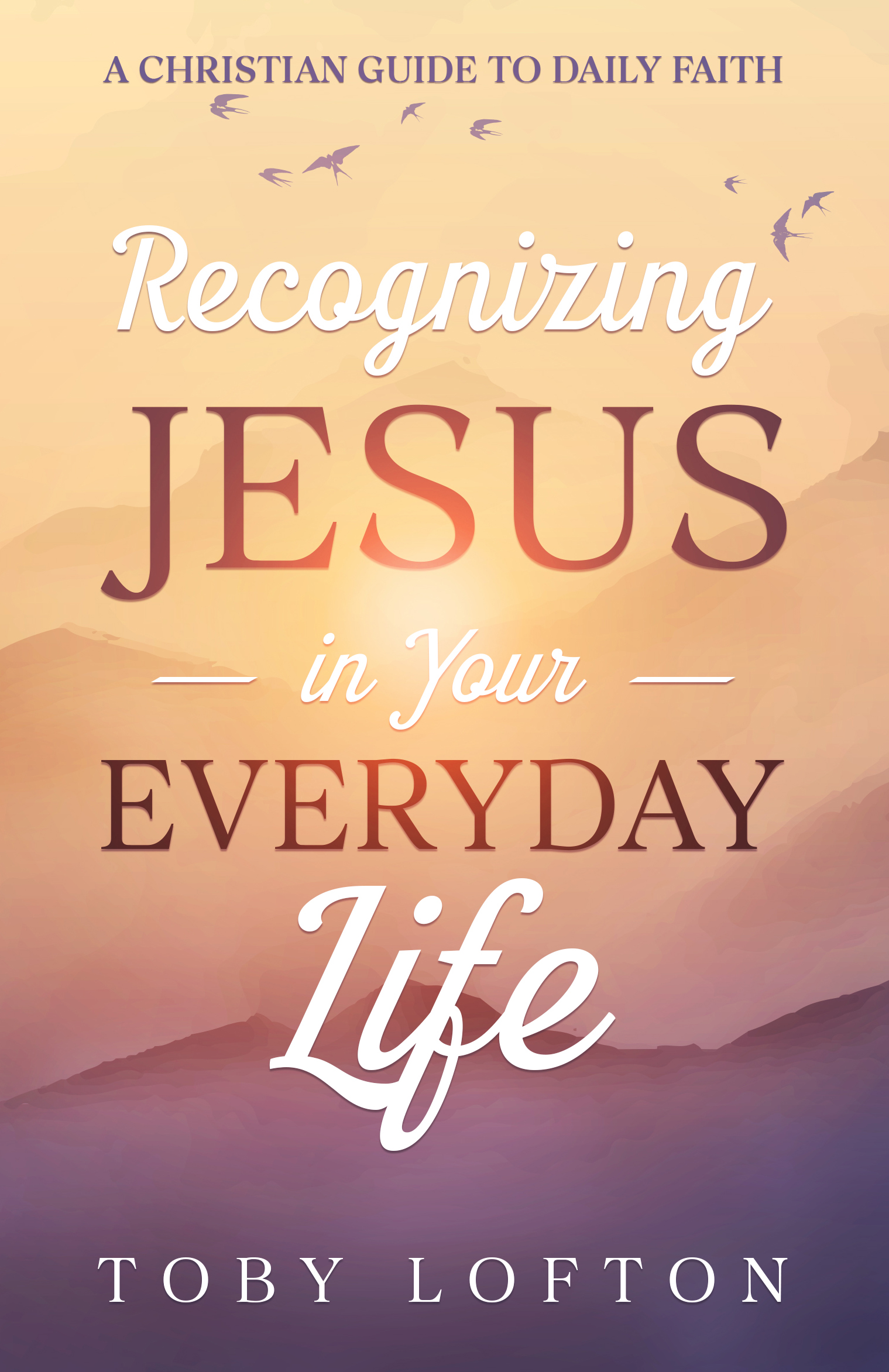Most people follow a similar path when they embark on “getting their lives right.” Christians are no exception, especially with “getting back to church.” I call this path “The Big Three.”
Here are the big three most people do:
- Go to church.
- Read the Bible.
- Pray daily.
That is the path they follow. It seems we think if you go to church, read our Bible, and pray, then we can get our lives right or return to the faith.
While the big three may be helpful in themselves, they will not do much for you. They will do this, though.
- Fill your Sunday morning with church, which will make you feel good about yourself.
- Either make you feel good that you read your Bible and prayed, or make you feel worse because you forgot to do it, got frustrated doing it, or did it, but are not sure what you got out of doing it.
On the other hand, if we allow the big three to lead us to doing what Jesus taught, it is possible they can help us. The key thing here is that the big three are not an end to themselves. Rather, they are a means to doing something else.
Let me explain.
- Worship inspires us to walk closer to Jesus every day. If it isn’t doing that, you are just going to church.
- Bible study helps us grow in our faith in God, demonstrated by how we live our lives when we are not studying the Bible. If it isn’t doing that, you are just reading words on a page.
- Praying is communing with God so we can have a living relationship with God in which we hear God guide us through our days. If it isn’t doing that, you may as well be talking to a wall.
We are not doing the big three so we can check a box that we did them, thus feeling good about ourselves. We do them to motivate, educate, and learn what we are to do and how we are to live.
If you take the path most people follow when trying to “get their life straight” or “get back to church”, as most people do, you must make sure that the big three lead you into doing something else.
For example:
- Forgive that person you are bitter with.
- Help feed the hungry.
- Encourage a fellow believer.
- Stop gossiping.
- Give to an organization that helps the poor.
- Visit someone that is sick, a widow, widower, or homebound (at least call them on the phone).
- Stop being rude to others.
- Provide for an orphanage.
- Tell someone about Jesus.
We could build quite an extensive list of things worship, study, and prayer should lead you to doing. You get the drift, though; I hope.
“Getting your life right” and “getting back to church” are more than just doing the big three. The big three points you elsewhere. They are not your destination. They are signposts telling you where to go and what to do.
If you want to know what Jesus said about getting your life right, read my most recent book, Recognizing Jesus in Your Everyday Life: A Christian Guide to Daily Faith. You follow what you learn in that book, you will “get your life right” and understand better that it is more about “getting back to Jesus” rather than “getting back to church.”

